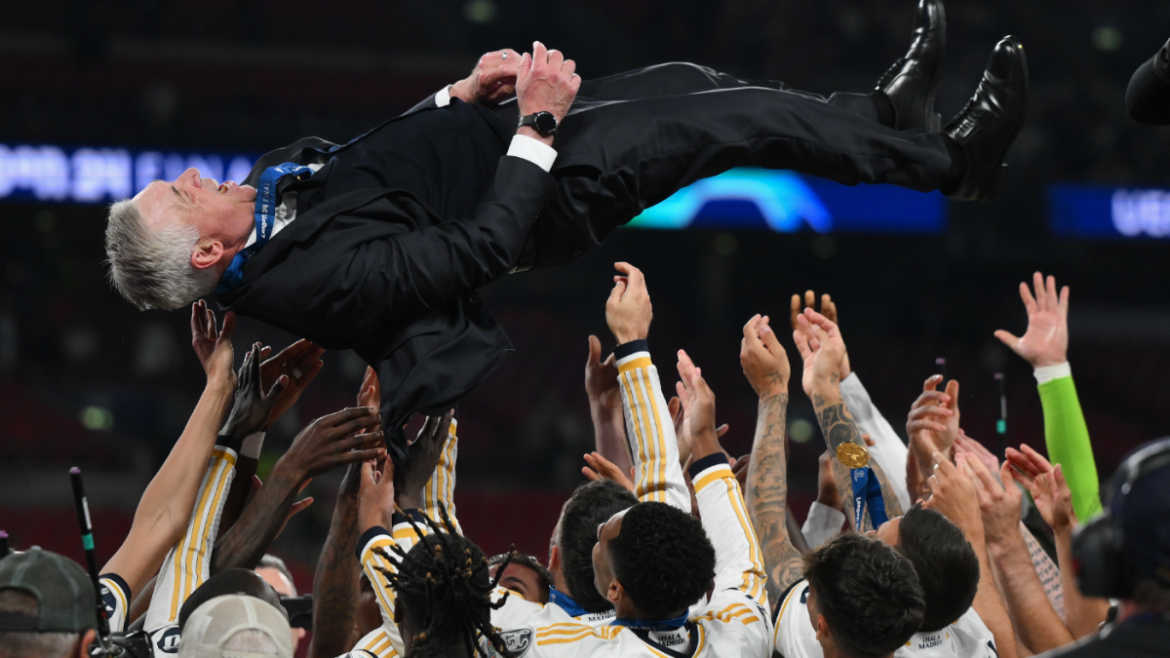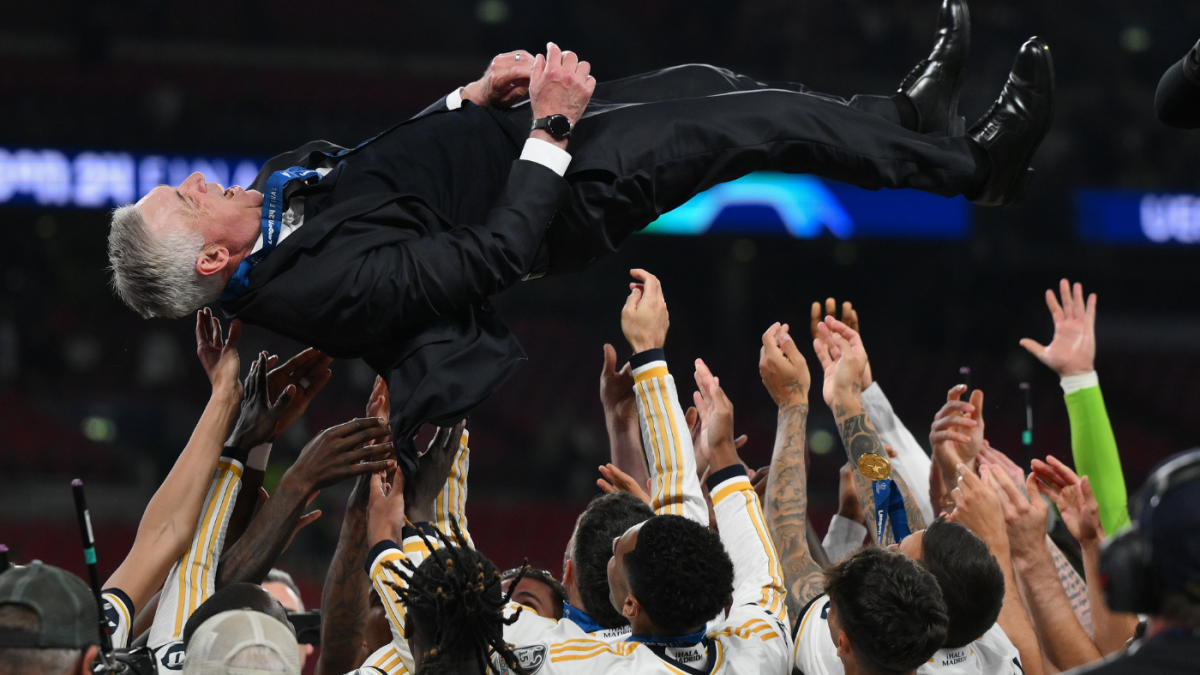Carlo Ancelotti’s Managerial Career and Impact
Carlo Ancelotti’s managerial career is a testament to his tactical acumen, leadership, and ability to manage high-profile teams. His journey, marked by numerous accolades and a unique approach to coaching, has cemented his status as one of the greatest managers in football history.
Early Career and Rise to Prominence
Ancelotti’s managerial career began in the late 1990s, but it was his tenure at AC Milan that truly launched him into the spotlight. He took over the Rossoneri in 2001 and quickly proved his mettle by winning the Serie A title in his first season. His ability to blend tactical discipline with a focus on player development made him a standout figure in Italian football.
Real Madrid and Beyond
Ancelotti’s move to Real Madrid in 2013 was a significant milestone. Replacing José Mourinho, he brought a sense of calm and stability to the club. His pragmatic approach and ability to manage a team of superstars have been widely praised. Ancelotti’s tenure at Real Madrid has been marked by success, including winning the UEFA Champions League in 2014 and the La Liga title in 2022. His ability to navigate the high-pressure environment of Real Madrid, where big egos and high expectations are the norm, has been particularly noteworthy. His record in El Clasico, where he has often outmaneuvered his rivals, further underscores his tactical prowess.
Tactical Philosophy and Leadership
Ancelotti’s coaching philosophy is centered around creating a harmonious locker room and minimizing tactical demands on his players. This approach has been particularly effective at Real Madrid, where managing a team of superstars can be challenging. His ability to keep the team united and focused on the goal has been a key factor in his success.
Comparison with Other Managers
When comparing Ancelotti to other top managers like Pep Guardiola and José Mourinho, several factors stand out. Guardiola is known for his meticulous tactical approach and innovative playing styles, while Mourinho is famous for his defensive strategies and psychological warfare. Ancelotti, on the other hand, excels in creating a balanced and cohesive team environment. His ability to adapt his tactics to suit the strengths of his players has been a significant factor in his success.
Legacy and Future Prospects
Ancelotti’s legacy is already secure, but his future prospects are equally exciting. With plans to take over as the manager of the Brazilian national team in 2024, he will have the opportunity to add another prestigious title to his already impressive resume. His move to Brazil is a testament to his enduring influence and the respect he commands in the football world.
Conclusion
Carlo Ancelotti: A Manager for the Ages
Carlo Ancelotti’s managerial career is a story of resilience, tactical brilliance, and an unparalleled ability to manage high-profile teams. From his early days at AC Milan to his current stint at Real Madrid, Ancelotti has consistently delivered results. His pragmatic approach, focus on player development, and ability to create a harmonious team environment set him apart from his peers. As he prepares to take on new challenges, including managing the Brazilian national team, Ancelotti’s legacy as one of the greatest managers in football history is already secure. His impact on the game will be felt for generations to come, making him a true icon of the sport.





